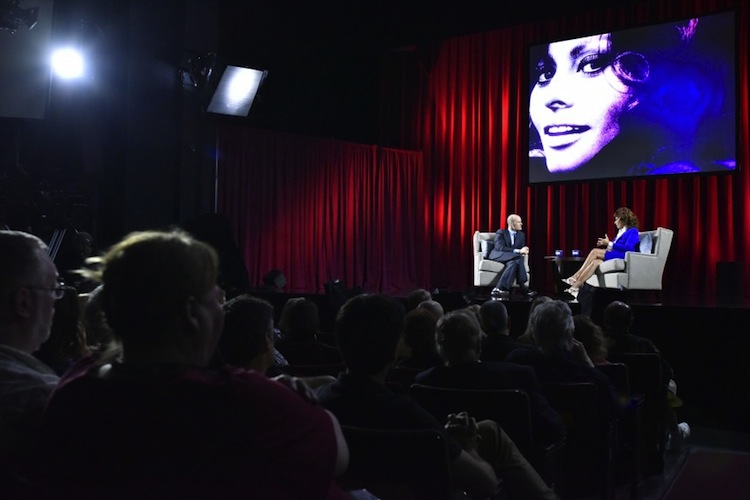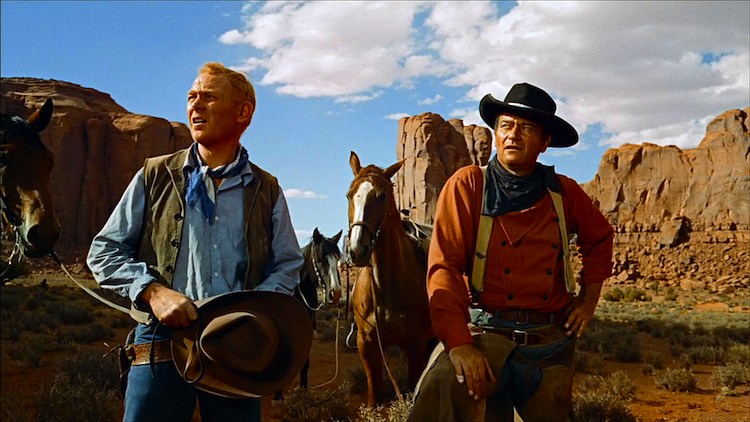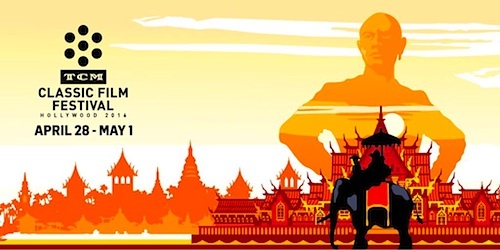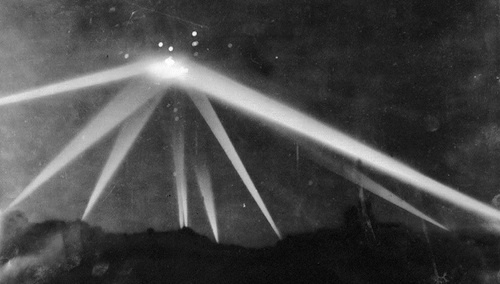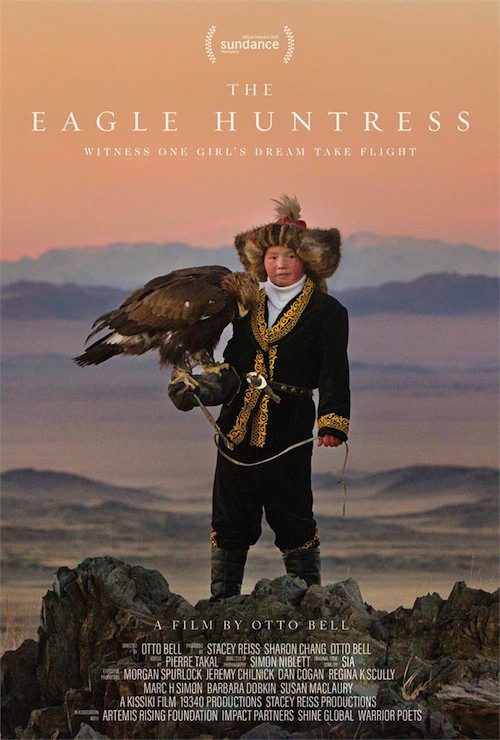[The post below was featured today at The Huffington Post.]
By Govindini Murty. Each spring, the TCM Classic Film Festival arrives in Hollywood, sparking pleasant reflections on what it is for a film to be considered “a classic.” This year’s TCM Classic Film Festival, running from April 28th to May 1, 2016, promises to be as memorable as the last six. The festival will feature appearances by Italian cinema legend Gina Lollobrigida, French New Wave icon Anna Karina, classic Hollywood star Eva Marie Saint, the premiere of the restoration of Charlie Chaplin’s The Kid, a special live musical event of Carl Theodore Dreyer’s The Passion of Joan of Arc, and an opening night gala presentation of All the President’s Men.
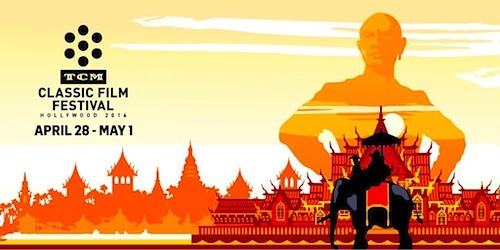
And this brings me to why it’s important to celebrate and remember the classics.
Whether it’s a classic play by Shakespeare, a classic epic by Lady Murasaki, a classic painting by Titian, or a classic piece of music by Tchaikovsky, we appreciate classic works because they are the foundation of what it is to be civilized.
This is no less true of classic films, whether they be Metropolis, Cleopatra, Mildred Pierce, Ninotchka, All About Eve, Lawrence of Arabia, The Searchers, 2001, The Seven Samurai, or Pather Panchali. All these works are the expressions of talented human beings and their personal experiences – and when such works reach an apex of artistry, they transcend time – they become “classic.” A classic work is not old – it is timeless.
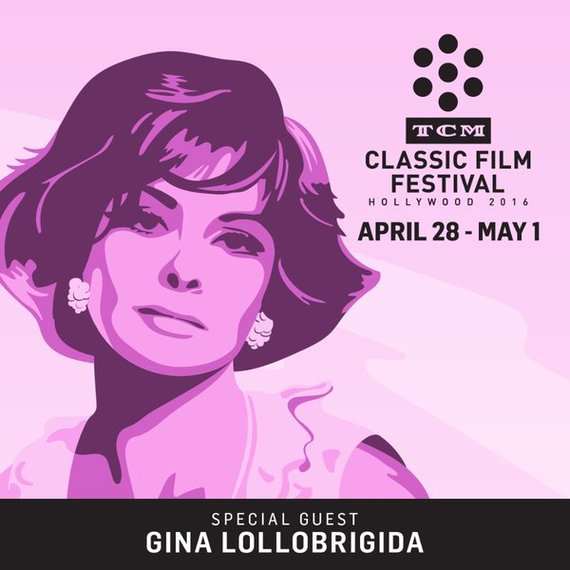
It’s odd that the more we store things in the expanded memory banks of our digital era – the more we forget. Vast quantities of data – including the digitized forms of countless classic movies, TV shows, radio dramas, musical works, paintings, photographs, works of literature, history, and science – are saved in the world’s online archives and are available to the public – and yet somehow, people are more ill-educated than ever. This is an interesting dichotomy. Why is this the case?
In some ways it recalls the transition from the oral age of Homer and the ancient bards to the literary age, when the invention of writing allowed stories to be written down for the first time. As soon as writing was invented, people’s memories of these old oral traditions were no longer needed – and they were rapidly forgotten. (Though, there are still tribal societies that preserve such oral traditions today). Continue reading LFM’s Govindini Murty @ The Huffington Post: Appreciating Classic Movies for Yourself: Why the TCM Classic Film Festival is Important
